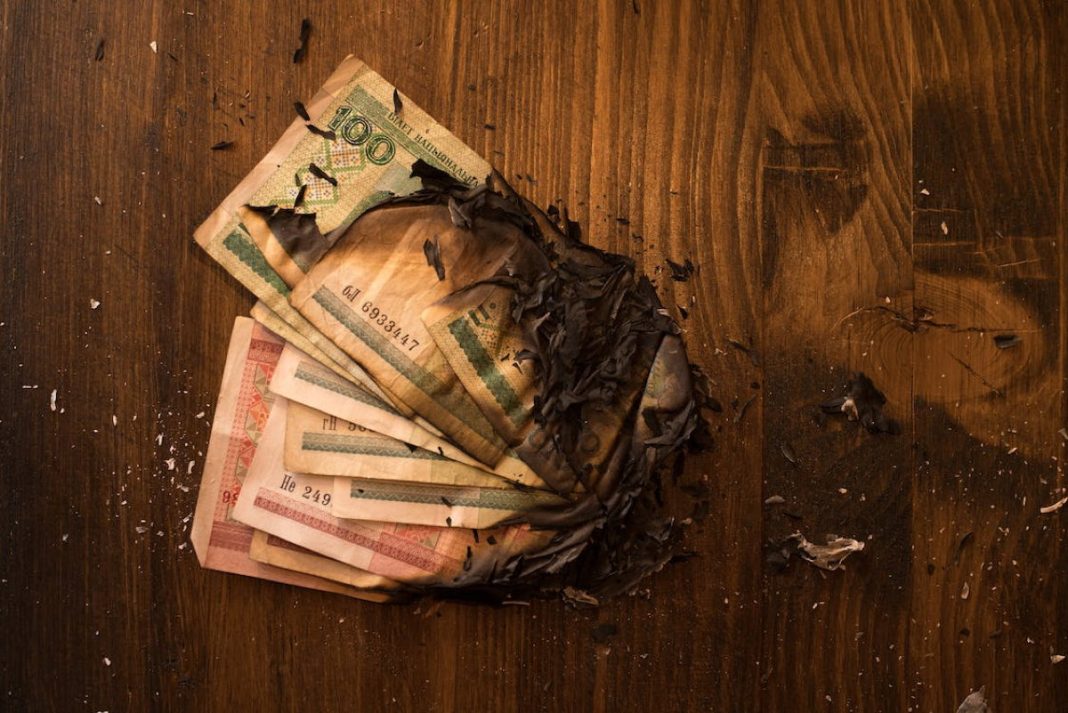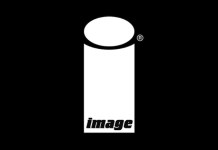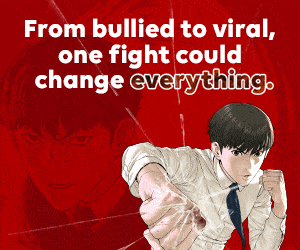Oh no! Looks like that NFT thing is having some problems! Especially where paying creator royalties are concerned. You might recall that enforcing contracts on the blockchain and requiring resellers to pay a royalty to the original creators of the art was one of the few things about NFTs that seemed like a net benefit to artists. However, it turns out, paying royalties is still just an option, and there’s nothing in that mighty, mighty blockchain that actually enforces royalties. That’s right, it’s just humans deciding what to do, like always.
Last fall, OpenSea, the largest NFT marketplace, had to back down on a plan to drop enforcing royalties after creators complained. Since then, OpenSea has been eclipsed by Blur, a new marketplace that costs less because – surprise! – they don’t enforce royalty payment.
As a non expert in all of this, I was curious about what Blur had to say for itself on why they enforced a much lower royalty: basically it’s because even if they did, someone else would come along and do it cheaper.
When marketplaces try to enforce royalties on collections without filters, traders tend to shift to zero royalty marketplaces. This already happened in the past when Sudo launched in July 2022, and since then new marketplaces have sprung up with a zero royalty approach. There is no on-chain filtering solution that can solve the royalty issue for existing collections.
Blur is working to maximize royalties for these collections by increasing minimum royalties while maintaining price competitiveness. Maintaining price competitiveness is critical to prevent traders from shifting to fully zero royalty marketplaces. To that end, Blur has started enforcing a minimum royalty of 0.5% on collections without filters. The goal is to increase the minimum royalty over time.
You’d think in a fair and equitable marketplace that promised freedom and independence, collectors would want to support platforms that treat creators fairly but…oh, who am I kidding.
Molly White of Web3 is Going Great has more in her newsletter
Blur took the controversial step of not requiring buyers to pay the royalty fees set by the creator — that is, the ongoing fees sent to NFT creators upon each resale, which were often trumpeted as a unique boon for creators that was only made possible thanks to web3.
Now, OpenSea is joining the race to the bottom in an apparent bid to become competitive again with Blur. In a blog post, they wrote that they would be “moving to optional creator fees on OpenSea in an effort to better reflect the principles of choice and ownership that drive this decentralized ecosystem”. I imagine their PR folks really burned the midnight oil trying to come up with that one.
Meanwhile, some NFT creators are feeling duped after being told that they’d get to earn a cut of resales forever thanks to the unique promise of blockchains, and the move by OpenSea has been widely panned in the crypto world as bad news for small creators.
Among those complaining, Shark Tank billionaire Mark Cuban, who called it “a HUGE mistake by@opensea. It diminished trust in the platform and hurts the industry. And I say this as an @opensea investor@DevinFinzer.”
The Verge reports that creators were all riled up about this:
Judging by the responses to OpenSea’s X post about the changes, many in the NFT community are not thrilled by this. Critics say it will hurt small artists and undermines creators’ ability to control their relationship with the people who buy their work.
OpenSea’s changes are “fundamentally wrong and hurts the entire NFT space,” Wildcake, the founder of the Posers NFT collection, tells The Verge in a DM. Wildcake said the change is particularly disruptive to creators who built a business plan around enforced royalties, like the Posers team had with a blockchain game they’ve been developing. “OpenSea decided to turn off this last opportunity to earn profit. As a result, we have been working for five months for free.”
One of the riled up creators, ironically, is Yuga Labs, the studio behind Bored Ape Yacht Club, the once ubiquitous ape king of the NFT monkey hill.
Two of the biggest names in the NFT space are clashing over the future of how the tokens’ creators get paid. Yuga Labs, the company behind Bored Ape Yacht Club and CryptoPunks, said today that it would block the ability to trade its newer NFTs on OpenSea by February 2024. The move is meant to protest OpenSea’s decision to stop collecting royalties on behalf of NFT creators — a huge blow to Yuga’s business.
One of the big promises of NFTs was that their original creator would get a cut every time they were resold. For companies like Yuga, which saw explosive prices on its Bored Ape collection for a time, those royalty fees added up to tens of millions of dollars (a blog post suggests the number was $35 million for Bored Apes alone just via OpenSea trades as of November 2022).
Supposedly there is a NEW kind of NFT out there that would help with all of this, a PNFT, or programmable NFT that would bake in things like royalty payments…except isn’t that what REGULAR NFTS were supposed to do? How many times do they expect us to fall for the same grift?

As for Yuga Labs, they were also in the news because investors are suing them, auction house Sotheby’s and celebrities including Paris Hilton, Gwyneth Paltrow, Kevin Hart, Snoop Dogg, Serena Williams, Madonna, Jimmy Fallon, Steph Curry, and Justin Bieber over the fact that Bored Apes are worth much less than they were during the original calebrity-driven craze.
It’s an extension of a lawsuit originally filed back in December, with even more defendants. Bored Apes – variations on an ape differentiated by hats, teeth and other details – once sold for millions of dollars, but now can be owned for a mere $50,000, down from $400,000 a year ago. Some will still find this a ridiculous amount of money, and some Apes are still worth seven figures, just not a lot.
Even the defendants are hurting from this. Poor Justin Bieber bought a BAYC (above) for $1.3 million back in 2022 – now it’s worth only $59,000, a 95% decline.
If you want to tie this all together, the woman who actually drew the first few Bored Apes, digital artist Seneca, doesn’t even get royalties from them, as she drew them on a work-for-hire basis. It’s almost like unfairness was baked into the code.
Despite all this, while NFT sales have cratered from their highs a few years ago, and NFT-based projects are folding left and right, they are still around. OpenSea lists dozens of NFT collections, mostly variations on the “funny animal in a hat” idea. The most amazing thing about them is the low-to-awful art quality in these collections. Is part of the appeal of owning an NFT that its looks stupid? Or are people just so busy microdosing that they don’t notice?
Most comics publishers produce NFTS in some way, although they are usually called “digital collectibles” nowadays. They’re usually an add-on to some other package, and I guess some people still like the idea of owning a digital file. They just shouldn’t be under the impression that a) they are going to make a lot of money off it or b) the original artist is going to see any more money out of it. Turns out that whole idea was just a scam. Who could have foreseen that?













This was all literally unforeseeable, except by people who knew anything about the technology involved and what people are like.
Isn’t the main financial backer of Frank Miller Presents big into Crypto/NFT’s?
One can’t help but wonder how their bottom line is looking these days…
I wonder what PowerDada, the inventor of NFT royalties thinks about this?
In addition to artists being screwed by NFTs being predictable and ridiculous, suing galleries and artists for the fact that your digital beanie baby isn’t worth as much as you paid seems like a totally sane and rational thing to do that won’t negatively affect any existing art market at all.
Comments are closed.